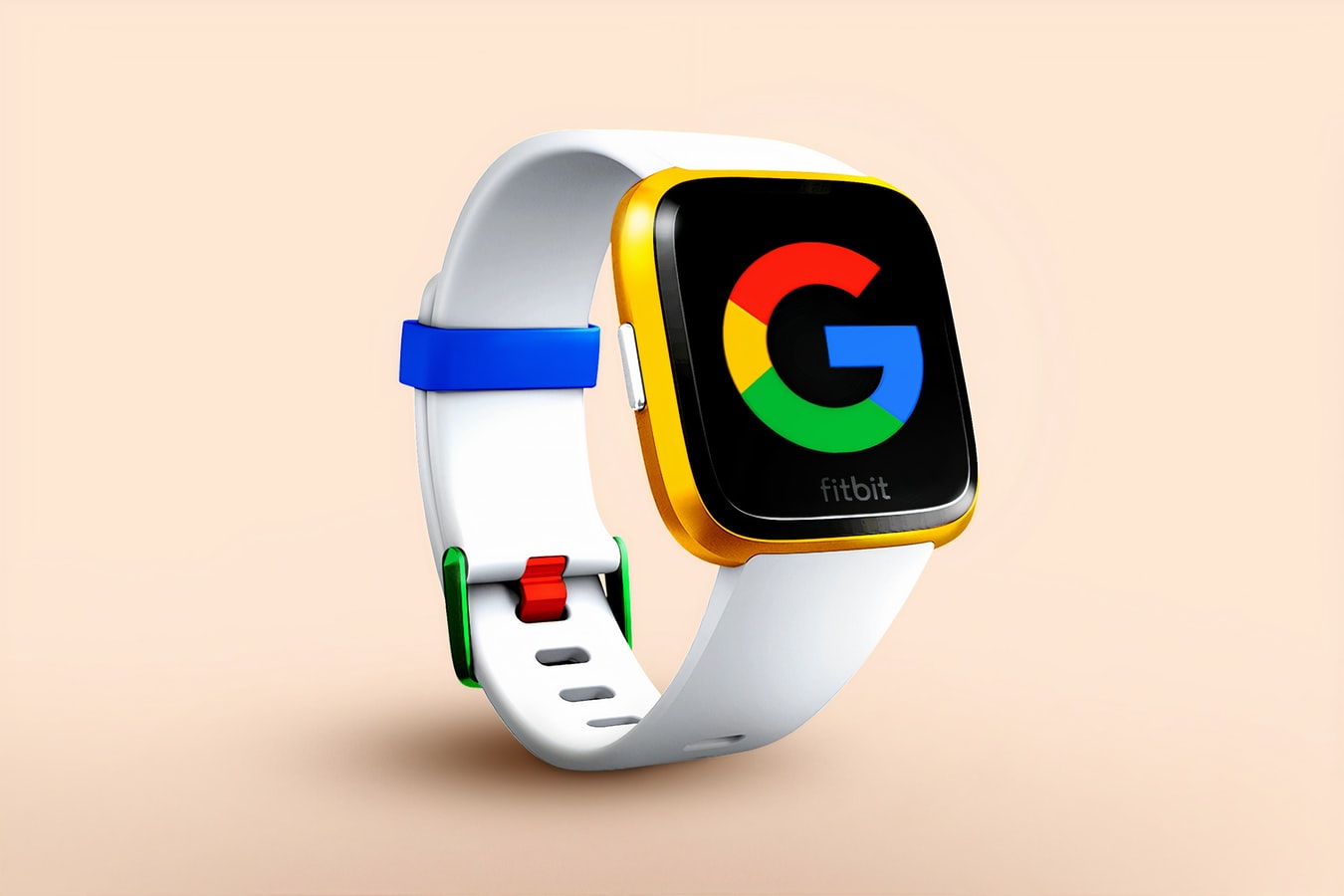Google-Fitbit, green light from Brussels (with conditions)

Google's acquisition of Fitbit gains European Antitrust approval. Google has agreed not to use Fitbit's health data to target ads to EU users
Big G wins in Brussels. On Thursday, Google gained EU antitrust clearance for its $ 2.1 billion bid for fitness tracking device maker Fitbit.
However, approval is conditional on Google meeting a commitment package for 10 years.
Today's decision follows an in-depth investigation into the complementary businesses of Google and Fitbit. Fitbit has a limited market share in Europe in the fast-growing smartwatch segment where there are many bigger competitors, such as Apple, Garmin and Samsung.
All the details.
THE GOAL OF THE EUROPEAN COMMISSION
The European Commission has approved, under the EU Merger Regulation, the acquisition of Fitbit by Google. The proposed transaction leads to very limited horizontal overlaps between the businesses of Google and Fitbit, according to the Commission.
WITH CONDITION
The approval, explains the Brussels executive in a note, is subject to full compliance with a package of commitments by Google.
Executive Vice President Margrethe Vestager, Head of Competition Policy, said, “We can approve Google's proposed acquisition of Fitbit as the commitments will ensure that the wearable market and nascent digital health space will remain open and competitive. The commitments will determine how Google can use the data collected for advertising purposes, how interoperability between competing wearables and Android will be safeguarded, and how users can continue to share health and fitness data if they so wish. "
THE FEARS OF BRUSSELS
Among the concerns of the EU Commission, the fact that through the acquisition of Fitbit Google will acquire the company's database on the health and fitness of its users, as well as the technology to develop a database similar to that of Fitbit.
A database that would increase "the already vast amount of data that Google could use for ad personalization", disadvantaging the competition. The deal "would therefore create barriers to entry and expansion for Google's competitors for these services to the detriment of advertisers, who would ultimately face higher prices and have less choice." In addition, Google may restrict competitors' access to the Fitbit Web API.
Finally, the Commission fears "that following the Google transaction it may limit competition from competing manufacturers of wearable wrist devices by obstacles to interoperability with Android smartphones".
GOOGLE'S COMMITMENTS ON FITBIT
To respond to the concerns raised by the Commission, Google has ensured for at least 10 years to make a series of commitments. Among these, Google will not use health and wellness data collected from wearables and other Fitbit devices of users in the See for Google Ads, including search advertising, display advertising and advertising brokerage products.
TECHNICAL SEPARATION OF DATA OF FITBIT USERS FROM GOOGLE USERS
The web giant will maintain a technical separation of relevant Fitbit user data. The data will be stored in a 'data silo' which will be separate from any other Google data used for advertising. Google will ensure that European Economic Area (See) users have the ability to allow or deny the use of health and wellness data stored in their Google Account or Fitbit Account by other Google services (such as Google Search, Google Maps , Google Assistant and YouTube).
THE COMMITMENT TO THE PUBLIC BEES
Google will then retain access to users' health and fitness data to software applications through the Fitbit Web API, free of charge for access and subject to user consent, and will continue to license original equipment manufacturers free of charge ( OEM) Android those public APIs that cover all the current basic functionality that wrist-worn devices need to interact with an Android smartphone.
AND ON ANDROID
Google will also not circumvent the commitment of the Android API by degrading the user experience with third-party wrist-worn devices by displaying warnings, error messages or authorization requests in a discriminatory manner or by imposing discriminatory conditions on wrist-worn devices. of OEMs on accessing their companion app in the Google Play Store.
WHO WAS OPPOSED TO THE AGREEMENT
The deal had drawn criticism from privacy advocates on both sides of the Atlantic.
Last July, twenty consumer groups from the United States, Europe, Latin America and beyond signed a statement urging antitrust regulators to oppose the merger of Google and Fitbit. Organizations fear privacy repercussions and Google's unfair access to a new market.
CLOSING BY THE END OF 2020
In November, Ruth Porat, chief financial officer of Google's parent company Alphabet, said she expected the Fitbit offering to be completed by the end of 2020.
This is a machine translation from Italian language of a post published on Start Magazine at the URL https://www.startmag.it/innovazione/google-fitbit-semaforo-verde-da-bruxelles-con-condizioni/ on Thu, 17 Dec 2020 15:39:25 +0000.
